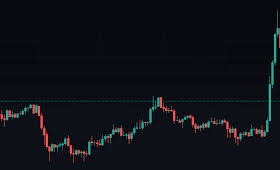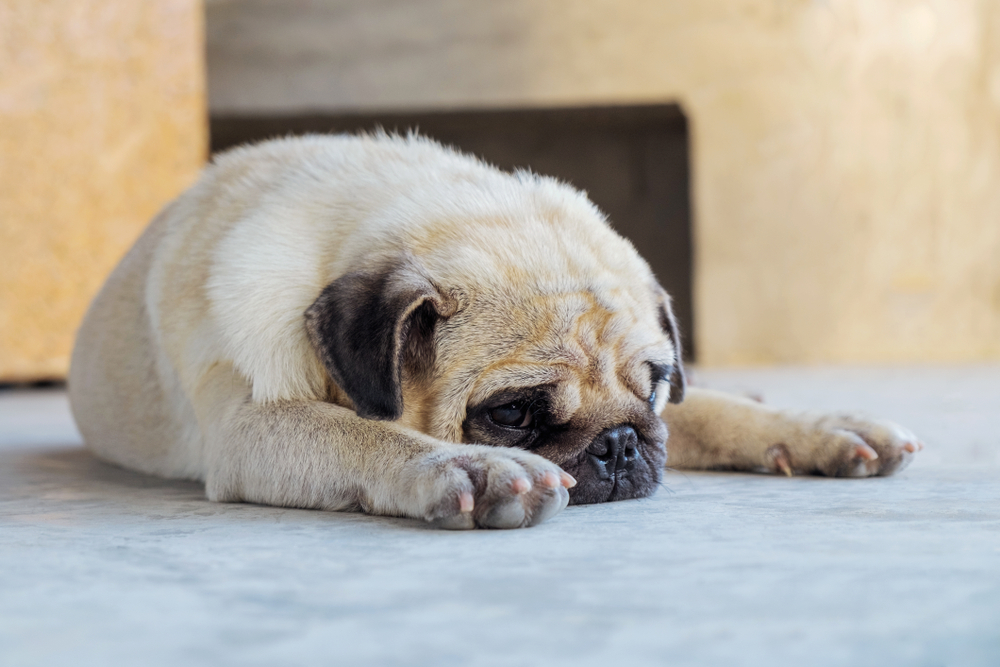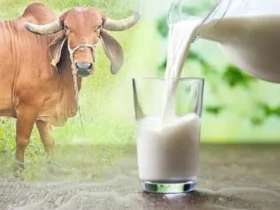The last thing you want to do as a pet parent is see your beloved pet suffering from abdominal pain and gas. But luckily, there are some simple things that you can do at home to help relieve your dog or cat of the discomfort they’re experiencing.
It’s Normal to Worry When Your Pet Suffers
When your pet is suffering, and you don’t know what to do, it can be frustrating and upsetting. You want them to feel better as quickly as possible, but if you’re not sure what’s causing the problem or how to help them, it’s hard to know where to begin.
We all love our pets dearly and want nothing more than for them to be happy and healthy. But when something goes wrong with their bodies and they don’t seem like themselves anymore—or if they’re in pain—we can panic about what we’ve done wrong or if there’s anything we can do at all.
There Are Many Causes of a Pet’s Stomach Problems
While most pets will experience some kind of stomach upset or gas at some point in their lives, there are many causes of these problems. Some of the most common causes are:
- Food allergies
- Parasites
- Bloat (gastric dilatation-volvulus) or other stomach issues
An Upset Stomach or Gas Can Have Various Symptoms
If you notice any of the following symptoms, it could be a sign that your pet has an upset stomach or gas:
- A painful belly
- Vomiting
- Diarrhea
- Frequent gas and flatulence (belching)
- Loss of appetite and weight loss
Prevention Is the Best Way to Avoid Intestinal Issues
To prevent intestinal issues in your pet, make sure he or she is eating high-quality food, isn’t overfed, and doesn’t get human food. It’s also important to keep your pet at a healthy weight and keep their water bowl clean.
See the Vet for a Proper Diagnosis
If your pet is showing signs of an intestinal issue, the first thing you need to do is to see the vet for a proper diagnosis.
The vet will be able to tell you exactly what’s wrong and give you advice on how to treat it. If they suspect that it might be something serious like bloat or colitis, we recommend that they stay overnight at the hospital so that we can monitor them closely and ensure they’re getting all the care they need.
Things You Can Do at Home to Help Relieve Your Pet’s Pain and Discomfort
If your pet does have gas, there are some things that you can do at home to help relieve the pain and discomfort.
- Try feeding smaller meals more frequently.
- Feed a diet that is high in fiber (e.g., pumpkin).
- Try feeding your pet foods that are high in fiber (e.g., broccoli or green beans).
You may also want to try giving your pet a probiotic, which will help with digestion and help keep things moving along smoothly.
Get Medical Attention Early On
Stomach inflammation and gas problems in pets aren’t anything serious if you get medical attention early on. However, dealing with a sick pet can be stressful and even traumatic for the owner. As a loving pet parent, you want to help your dog or cat as much as possible. So, consult your vet and administer a medicine like Famotidin at the right time.
Famotidin is an over-the-counter drug that can be given to dogs or cats if they have an upset stomach due to gas or stomach inflammation. It works by reducing acid production in the stomach. This is useful because excess acid can cause nausea, vomiting, and diarrhea. If your dog has diarrhea caused by an intestinal issue such as bacterial infection, then this medication may also help stop it from happening again later down the road if given regularly once symptoms begin occurring again every few weeks (or however long).
Conclusion
The best way to help your pet with stomach issues is to see the vet as soon as possible. If you do suspect that your pet has a stomach problem, take them to the vet right away so they can be properly diagnosed and treated. In addition to seeing the veterinarian, there are some things you can do at home to help relieve gas and inflammation in dogs. Feeding a high-quality diet with probiotics or digestive enzymes can help alleviate symptoms of gastric upset while also keeping their digestive tract healthy overall!











Leave a Reply